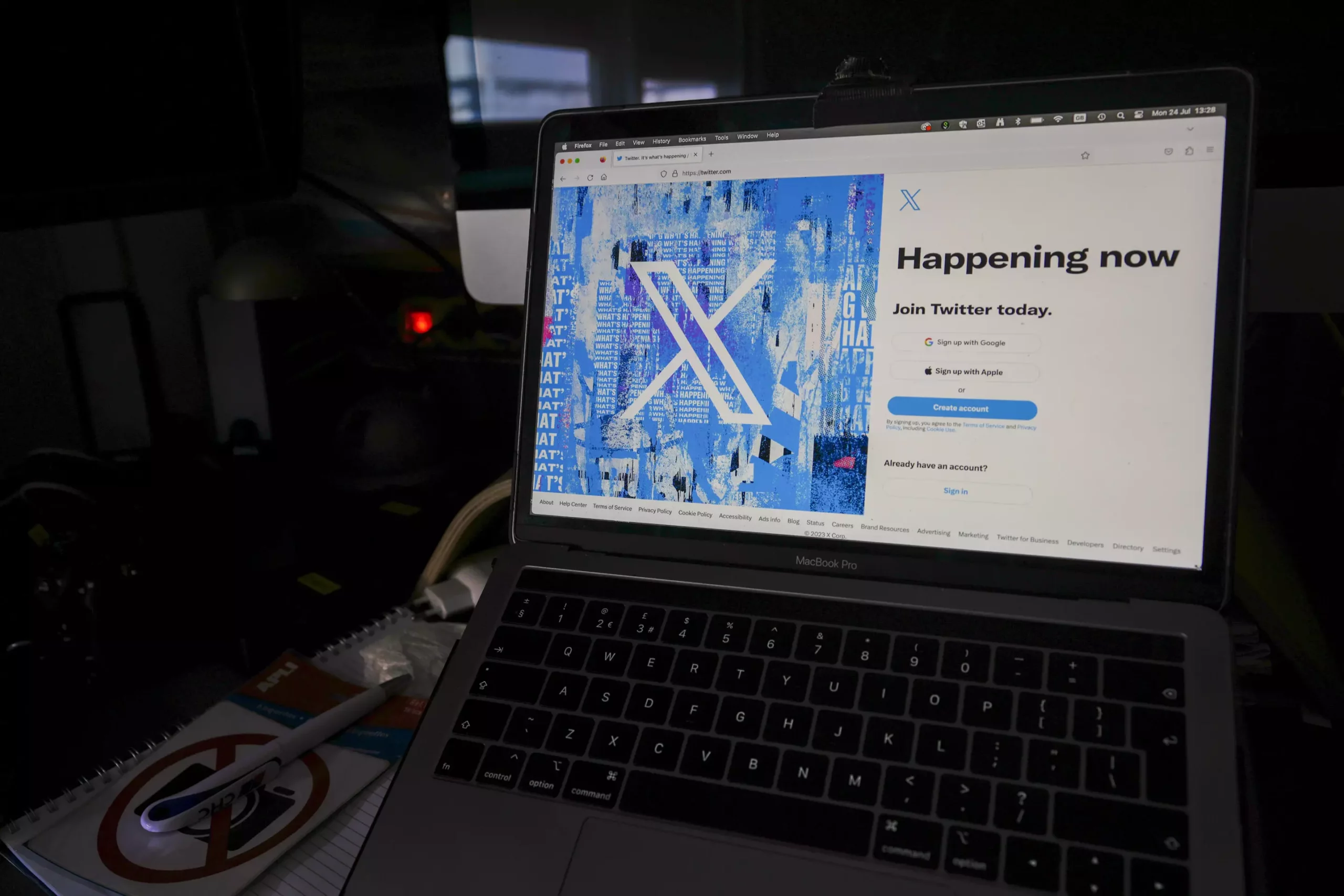The ongoing tussle between Brazil and the social media platform formerly known as Twitter, now branded as X, highlights the complexities of digital sovereignty and the challenges of moderating content that straddles free speech and the dissemination of misinformation. Justice Alexandre de Moraes of Brazil’s Supreme Court has become a central figure in this drama, imposing stringent conditions for X’s reactivation in Brazil, a country with over 200 million inhabitants and one of the platform’s largest user bases. The situation not only reflects the broader issues concerning social media governance but also interrogates the power dynamics between tech giants and national authorities.
Moraes’s recent ruling stipulates that X can only return to its operations in Brazil upon the withdrawal of appeals made by Starlink, a satellite-based internet service connected to Elon Musk. This dual scrutiny suggests a perception that both companies are inherently intertwined, a notion that has incited debate among legal experts about the legitimacy of this perspective. The ruling came on the heels of a substantive legal tussle that saw X effectively blocked since late August, which underscores the tensions surrounding the regulation of speech online, especially concerning the proliferation of far-right narratives and misinformation.
The fascinating aspect of this legal landscape is the insistence on accountability. By associating X with the consequences faced by Starlink, Moraes brings attention to the necessity of an integrated approach toward corporate responsibility in the digital sphere. This could pave the way for a more meticulous examination of how intertwined economic activities should influence judicial decisions in cases of digital governance.
For nearly a month, the suspension of X in Brazil not only limited access to the platform but also evoked concern over censorship and authoritarianism, particularly in a nation that prides itself on democratic values. Musk has been vocally critical of the Brazilian judiciary’s decisions, labeling Moraes an authoritarian figure while positioning X as a victim of broader systemic suppression. The court’s approach has ignited discussions about the balance between safeguarding free speech and handling harmful content that undermines societal structures.
Notably, the situation has further complicated X’s operational strategies. The company’s reported temporary routing through Cloudflare servers raised eyebrows, pointing to an inadvertent return online in Brazil. This predicament raises questions about the effectiveness of regulatory measures when tech platforms can employ technical maneuvers to circumnavigate legal constraints. The way forward may involve more rigorous technological compliance checks alongside legal stipulations.
The legal entanglement does not solely refer to X but poses broader queries about how countries can assert control over foreign-operated digital platforms and ensure compliance with local laws. Brazil, with its distinct regulatory framework, sets a potent example of a nation asserting its rights in the face of global corporate interests that might view laws as an impediment rather than a guideline.
The fine imposed on X, combined with the judicial insistence on appointing a legal representative, encapsulates the larger narrative of accountability that is gaining traction worldwide. It becomes imperative to recognize that as platforms expand their reach globally, the legal expectations will inherently diversify. Jurisdictions must establish frameworks that are not only reflective of their societal values but also robust enough to address the complexities introduced by multinational entities.
With new conditions in place, including the imposition of significant fines for perceived infractions, X’s reinstatement in Brazil remains a precarious endeavor. The platform’s assertion that it is committed to free speech within legal boundaries reflects a tension that many tech companies face—an obligation to adhere to local expectations while managing a global user base.
Ultimately, this scenario illuminates an ever-evolving dialogue about the role of technology in society, making clear that the intersection of law and digital interaction is fraught with challenges. As authorities like Moraes continue to assert their jurisdiction, the outcomes will likely have lasting implications on how digital platforms operate and how power is negotiated between states and tech companies. Whether X can navigate this storm and secure a re-entry into one of its biggest markets remains to be seen, but the unfolding saga undoubtedly signals a crucial moment in the quest for digital ethics and responsibility.


Leave a Reply